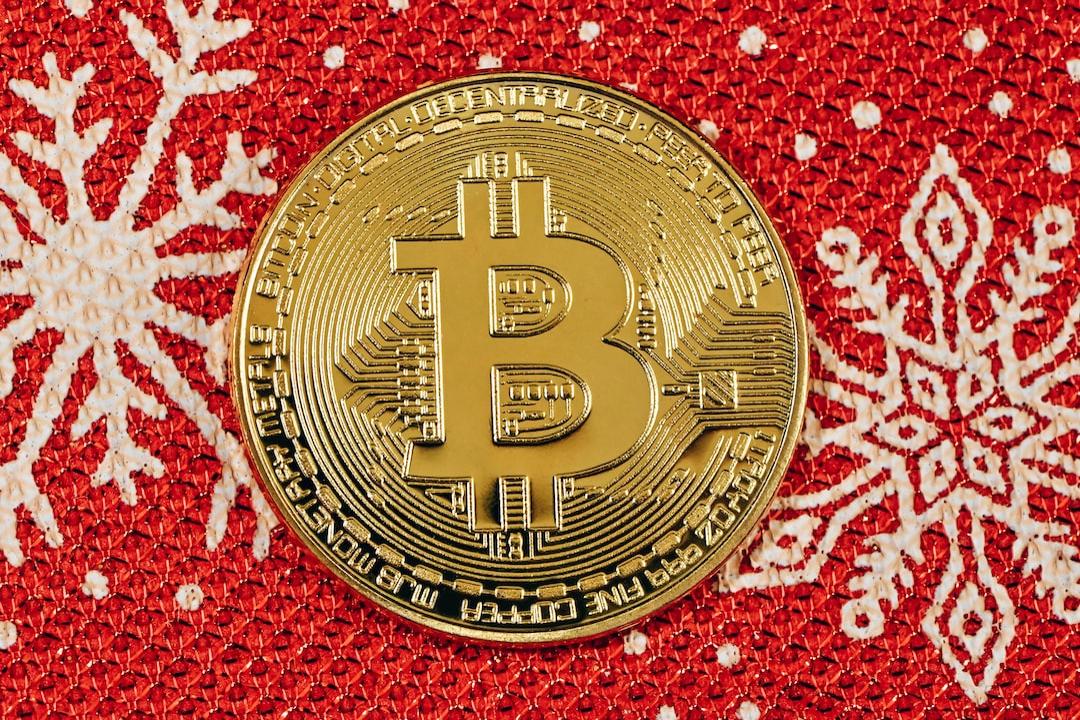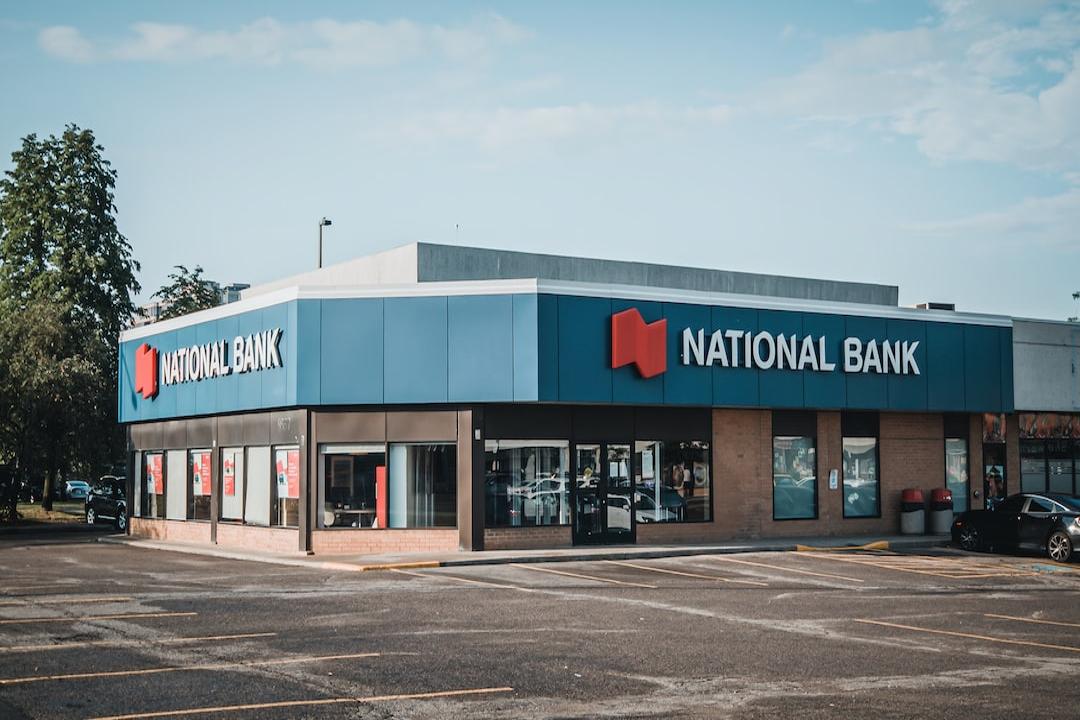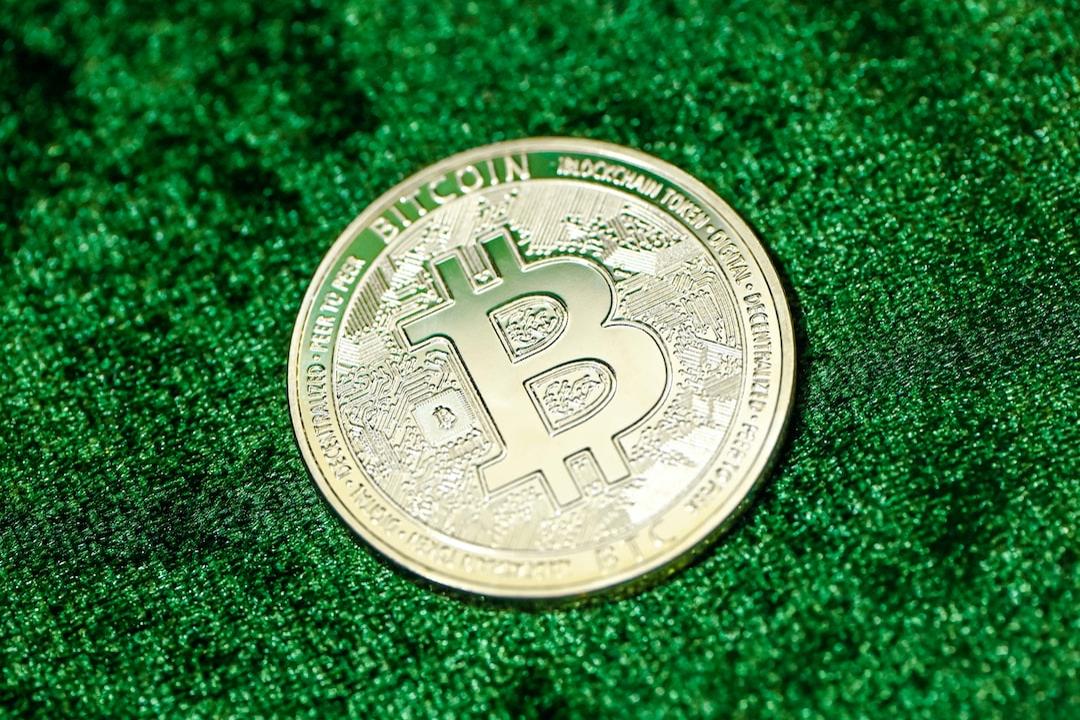BitPortal reported:

Bitcoin has dipped below $60,000 twice since last night. The founder of Capriole Fund speculates that the reason for this downturn may be due to the commencement of repayments by the Mt. Gox exchange…
Market expectations for a Bitcoin rebound in July were dampened yesterday. BTC plunged to $59,570 around 6:00 PM yesterday, briefly climbing back above $60,000, but further dropped to a low of $59,375 early this morning.
Currently, it has rebounded to $60,327, marking a 3.12% decrease over the past 24 hours. Bitcoin hit a low of $57,800, its lowest in nearly two months.

Over $220 million liquidated in the past 24 hours
Amid Bitcoin’s volatile market, Coinglass data shows that over $220 million has been liquidated across the cryptocurrency market in the past 24 hours (with long positions accounting for $200 million), affecting nearly 90,000 individuals.

What caused the market crash?
Regarding yesterday’s plunge below the $60,000 mark, Charles Edwards, founder of Capriole Fund, posted on X in the evening, citing speculation about on-chain movements of Bitcoin. The main reason for this decline is likely due to Mt. Gox starting to repay creditors’ Bitcoin, triggering selling pressure in the market:
“This chart will surprise you and hit you hard.”
The chart shows a significant amount of Bitcoin moving on-chain, ten times higher than previous highs, totaling $9 billion. But who is moving it?
Mt. Gox. Looks like they have started repayments.

Mt. Gox expected to start repayments in July
Mt. Gox Compensation Progress and Market Impact Analysis
Once the world’s largest Bitcoin exchange, Mt. Gox suffered a devastating hack in 2014, losing 850,000 Bitcoins. After years of bankruptcy litigation and multiple delays, compensation has finally begun. Mt. Gox is expected to pay creditors 142,000 BTC and 143,000 BCH by October this year.
Analyst’s view: Sell pressure manageable
Alex Thorn, Director of Galaxy Research, posted on X at the end of June, suggesting that the Bitcoin sell-off pressure caused by Mt. Gox will be less than expected. He explained that about 75% of creditors opted for early payments (accepting a 10% discount), so currently only around 95,000 Bitcoins will be used for early compensation (the remaining BTC will take longer to compensate):
Approximately 20,000 tokens belong to the claims fund
10,000 tokens belong to Bitcoinica BK
The remaining approximately 65,000 tokens are owed to individual creditors
He expects individual creditors to hold onto Bitcoin more firmly than the market anticipates:
“Creditors are predominantly long-term holders of Bitcoin, early adopters with technical acumen.”
Some creditors have rejected attractive offers from the claims fund over the years, indicating a preference for Bitcoin over dollar-denominated compensation.
The impact of capital gains tax from sales is significant. With rising prices, even a 15% recovery in physical claims would mean claimants have seen their Bitcoin appreciate 140 times since the bankruptcy (in USD terms).
Conclusion and current status
In conclusion, Thorn believes that the selling pressure on Bitcoin won’t be as severe as investors fear. However, BCH may face more serious declines due to lower liquidity.
According to on-chain data monitoring platform Arkham, Bitcoin in Mt. Gox wallets has not yet been moved. Therefore, whether Mt. Gox has indeed started repayments, as Thorn suggested, remains to be seen (and the possibility that on-chain data has not yet updated cannot be ruled out).


